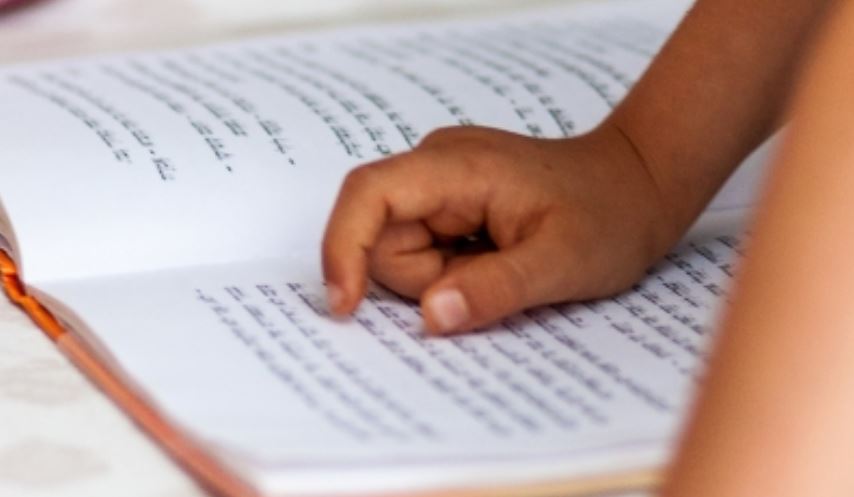New Delhi: In its ongoing presidency of the G20, India will focus on foundational literacy and numeracy. The Ministry of Education, which will lead the Education Working Group (EdWG), plans to hold four such meetings during the event followed by a conclave of education ministers of participating countries between January and June 2023, according to a G20 agenda document.
“Ensuring foundational literacy and numeracy, especially in the context of blended learning, making tech-enabled learning more inclusive, qualitative, and collaborative at every level, building capacities, promoting life-long learning in the context of the ‘Future of Work’, strengthening research and promoting innovation through richer collaboration, are the underlying themes and priority areas that have been finalised for discussion in the EdWG meetings during G20 Presidency,” it said, as reported by a leading media outlet.
The deliberation also aims to discuss leading practices across G20 countries adopted to resolve some of the most pressing problems with respect to demographic trends such as — silver economy, multi-generational workforce, environmental (green economy) and technological (Web 4.0, Industry 3.0).
Some of the meetings will be held in Jodhpur in a hybrid mode while one of the main seminars will be organised in Bhubaneshwar.
Foundational Literacy and Numeracy is a child’s ability to read basic texts and solve basic mathematics problems. It is also one of the major themes of India’s National Education Policy 2020.
Even though access to schools has grown globally in the last few decades, the present state of foundation learning around the world has not translated into actual learning.
It is projected that in 2030 about 43 per cent of children in lower-level income countries will still be learning poor, which means that so many children in these countries will not be able to either read or understand the simple text by age 10, reported a leading media outlet.
“The working group will hold two webinars — mega trends shaping the future of work; and foundational skills, lifelong learning in the context of future work — as a precursor to the main seminar. Knowledge papers will be prepared based on the discussions in these webinars,” the agenda document stated.
The deliberations over the four meetings will focus on gaining outcomes such as sharing of strategies and measures required to “strengthen human and institutional capacity” for the delivery of “future skills” through skilling, reskilling, upskilling and promoting life-long learning.
“One of key deliverables from the meeting includes outlining a consensual roadmap for G20 nations to enable human-centric, intergenerational, and anticipatory policy response,” the document said.
It also aims to achieve sharing of flexible pathways to lifelong learning that leads to the creation of a “future ready” workforce that is gainfully employed, reported News18.
Along with basics, social and emotional skills and well-being lay a strong foundation for further learning and development.
Those who fail to attain basic competencies in foundational literacy and numeracy find it difficult to catch up in higher classes and fall behind creating vital learning gaps and leading to increased chances of children dropping out of the school system altogether.
Thus, there is a need to redesign approaches to achieve universal foundational literacy and numeracy just like India is doing guided by its National Education Policy (NEP) 2020.
-IANS
